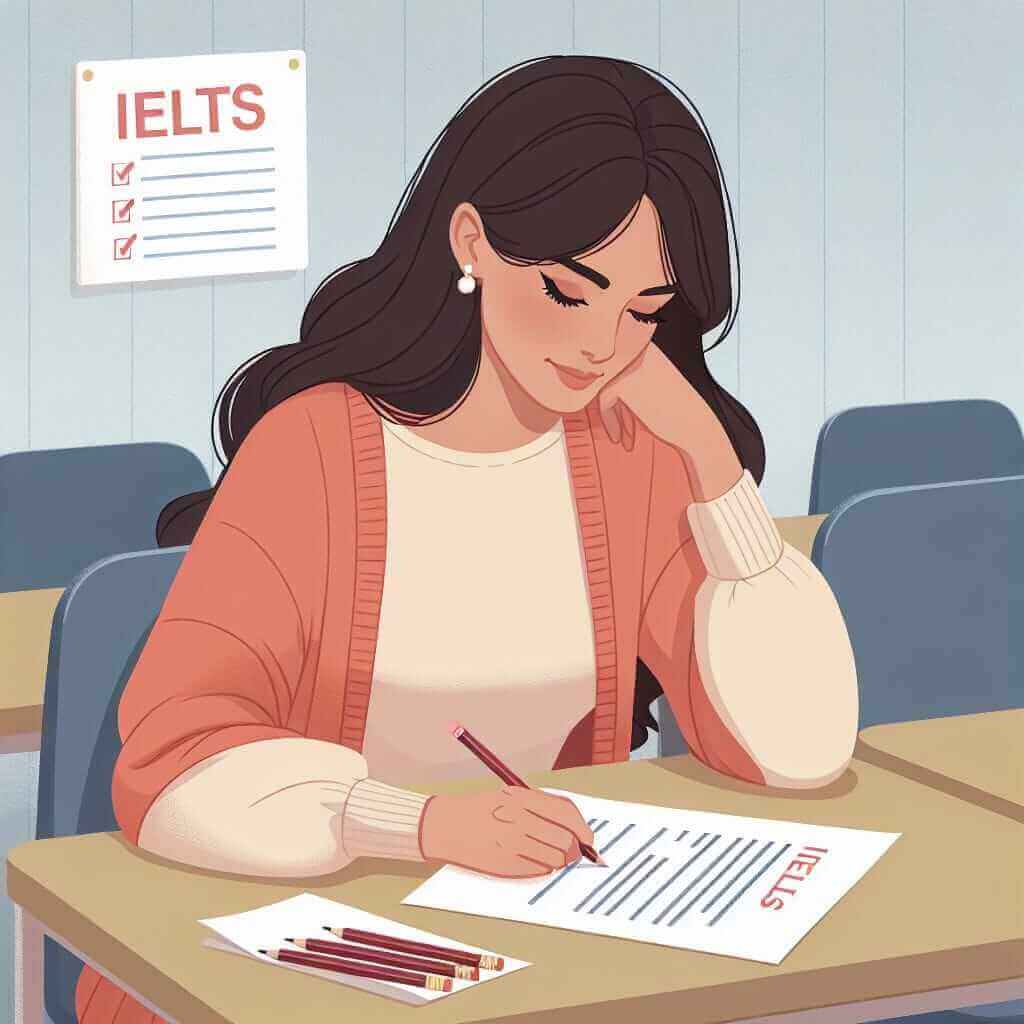Short answer questions are a common feature in the IELTS Reading section, designed to test your ability to locate specific information within a text quickly and accurately. Mastering this question type is crucial for achieving a high band score. This comprehensive guide will delve into the intricacies of short answer questions, equipping you with the knowledge and strategies to tackle them confidently.
Understanding Short Answer Questions
In the IELTS Reading test, short answer questions require you to find specific information within a passage and answer a question using a limited number of words, typically no more than three or four. The instructions will clearly state the word limit, ensuring you adhere to it.
For example:
Instructions: Answer the following questions using NO MORE THAN THREE WORDS from the passage.
These questions assess your ability to:
- Skim and scan for specific information.
- Understand paraphrasing and synonyms.
- Extract relevant details while avoiding extraneous information.
Example Questions and Answers
Let’s examine some examples to illustrate the various forms short answer questions might take:
Passage Excerpt:
The invention of the printing press in the 15th century revolutionized the dissemination of knowledge. Prior to this groundbreaking innovation, books were painstakingly copied by hand, making them a luxury accessible only to the privileged few. The printing press, however, enabled the mass production of books, leading to a dramatic increase in literacy rates and a profound shift in the accessibility of information.
Question 1: What invention revolutionized the spread of information in the 15th century?
Answer: printing press
Question 2: What was the primary method of book production before the printing press?
Answer: copied by hand
Question 3: What impact did the printing press have on literacy rates?
Answer: dramatic increase
These examples showcase the straightforward nature of short answer questions. The key is to locate the precise information required within the passage and present it concisely.
Applying Strategies to IELTS Reading
Now, let’s discuss effective strategies for tackling short answer questions in your IELTS Reading exam:
1. Read the Instructions Carefully
Always begin by meticulously reading the instructions, paying close attention to the specified word limit. This will prevent you from exceeding the limit and losing marks unnecessarily.
2. Skim the Passage
Quickly skim the passage to gain a general understanding of its content and structure. This will help you locate information more efficiently when you move on to the questions.
3. Identify Keywords
Underline or highlight keywords in each question. These keywords will guide your search for the relevant information within the passage.
4. Scan for Answers
Using the keywords, scan the passage to locate the specific information required to answer the questions. Remember to look for synonyms and paraphrasing, as the passage may not use the exact wording as the question.
5. Extract and Check
Once you’ve found the relevant information, carefully extract the answer, ensuring it adheres to the word limit. Double-check your answer against the passage to confirm its accuracy.

Common Mistakes to Avoid
Here are some common pitfalls to avoid when answering short answer questions:
- Exceeding the word limit: Always adhere to the specified word limit.
- Copying entire sentences: Only extract the essential information required to answer the question.
- Misinterpreting the question: Ensure you fully understand the question before searching for the answer.
- Rushing through the passage: Take your time to read carefully and avoid careless mistakes.
Practice Makes Perfect
The key to excelling in short answer questions, like any other IELTS task, is consistent practice. Regularly attempt practice tests and analyze your performance to identify areas for improvement. Familiarize yourself with the question format, practice your skimming and scanning skills, and refine your ability to locate specific information within a text accurately.
By following these tips and dedicating sufficient time to practice, you can significantly improve your ability to tackle short answer questions effectively and boost your overall IELTS Reading score.